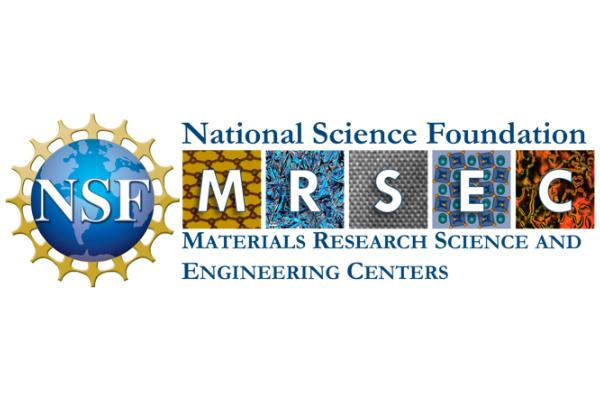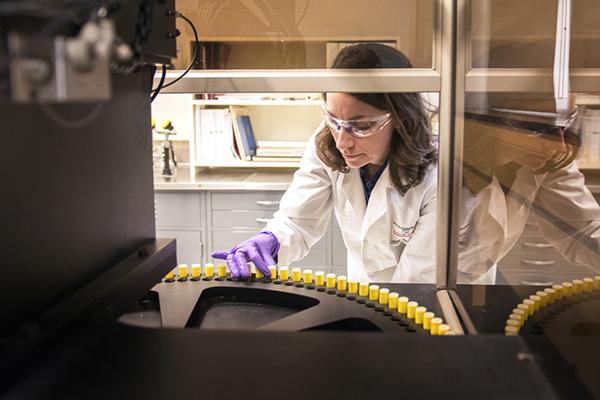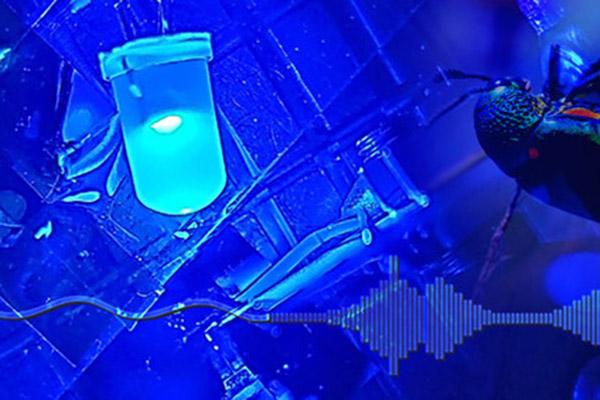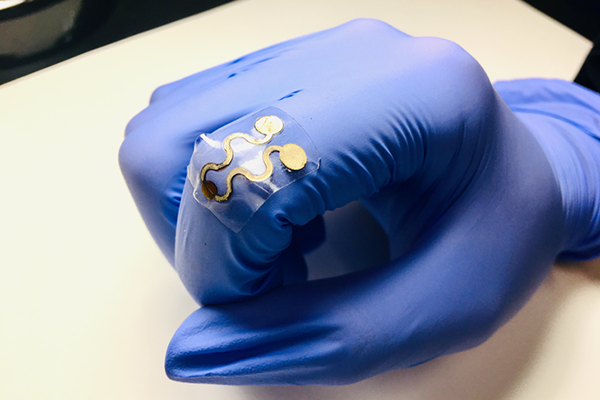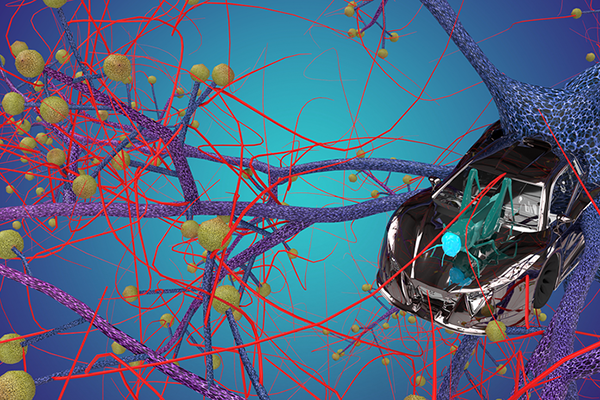The best education demands a joint search for learning between exciting instructors and able students. That self-evident principle lies at the core of a New College education.
The Center for Nanoscale Science, a National Science Foundation Materials Science and Engineering Center (MRSEC), has again successfully renewed its NSF support in the highly competitive MRSEC program. The new iteration of the center encompasses two of NSF’s Big Ideas — "Quantum Leap" and "Harnessing the Data Revolution."
Penn State’s research expenditures exceeded the $1 billion mark in fiscal year 2019-20. The total figure, $1.01 billion, places Penn State among a select group of research universities nationally, and reflects the interdisciplinary strength built over three decades. It represents a $40 million increase over last year’s number, and includes a record $633 million in federal funding, as well as $375 million from a combination of private funders, the commonwealth of Pennsylvania and University sources.
For students, losing the opportunity to attend summer conferences due to the COVID-19 pandemic meant even fewer chances to advance their academic careers. Students typically have just a few years to attend, present their research, and find areas of interest they’d like to specialize in.
Adding noise to enhance a weak signal is a sensing phenomenon common in the animal world but unusual in manmade sensors. Now Penn State researchers have added a small amount of background noise to enhance very weak signals in a light source too dim to sense.
Eighteen students were named National Science Foundation (NSF) Graduate Research Fellowship Program (GRFP) recipients for the 2020-21 academic year. These 18 students join 65 prior recipients continuing in the University’s graduate degree programs through the Graduate School in the Eberly College of Science, College of Agricultural Sciences, College of Earth and Mineral Sciences, College of Engineering, College of Health and Human Development, and the College of the Liberal Arts, as well as, the Intercollege Graduate Degree Programs.
Bo Wang, who earned his doctorate in materials science and engineering from Penn State in August 2020, is the recipient of a Gold Graduate Student Award from the Materials Research Society (MRS). He was selected as one of the seven students to receive the Gold Award from a competitive international cohort of 19 finalists.
A stretchable, wearable gas sensor for environmental sensing has been developed and tested by researchers at Penn State, Northeastern University and five universities in China.
Plagues of locusts, containing millions of insects, fly across the sky to attack crops, but the individual insects do not collide with each other within these massive swarms. Now a team of engineers is creating a low-power collision detector that mimics the locust avoidance response and could help robots, drones and even self-driving cars avoid collisions.
Penn State students are working virtually on the Pennsylvania Solar Center’s Renew PA Works campaign in an effort to educate Pennsylvanians about the benefits of renewable energy, including job creation. The opportunity is made possible through City Semester, an internship program facilitated by the Penn State Center Pittsburgh, a Penn State Outreach service.



